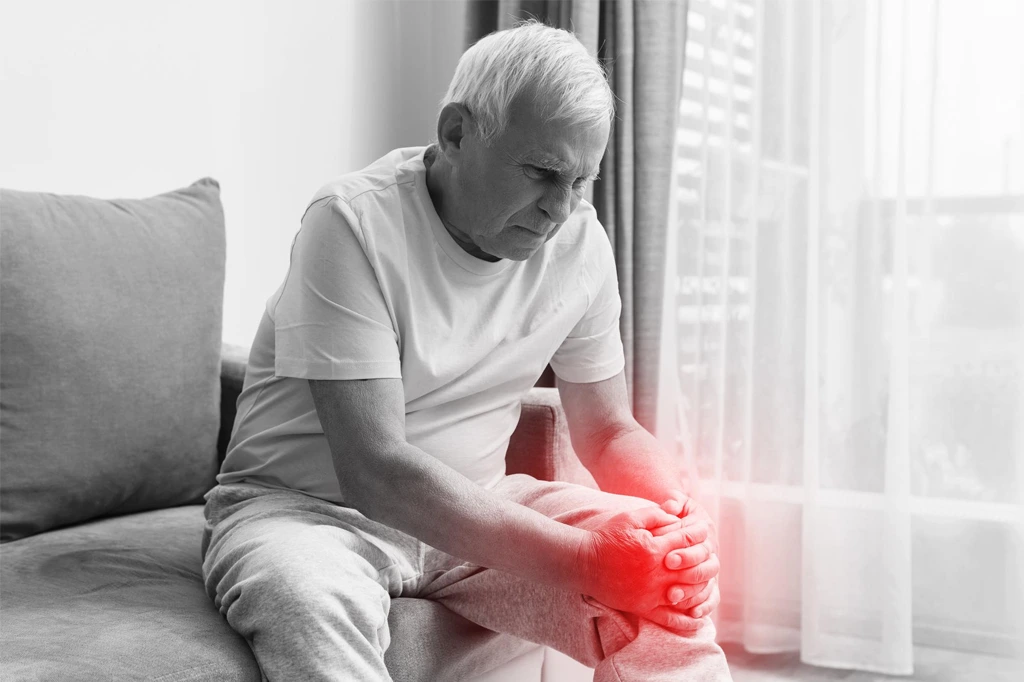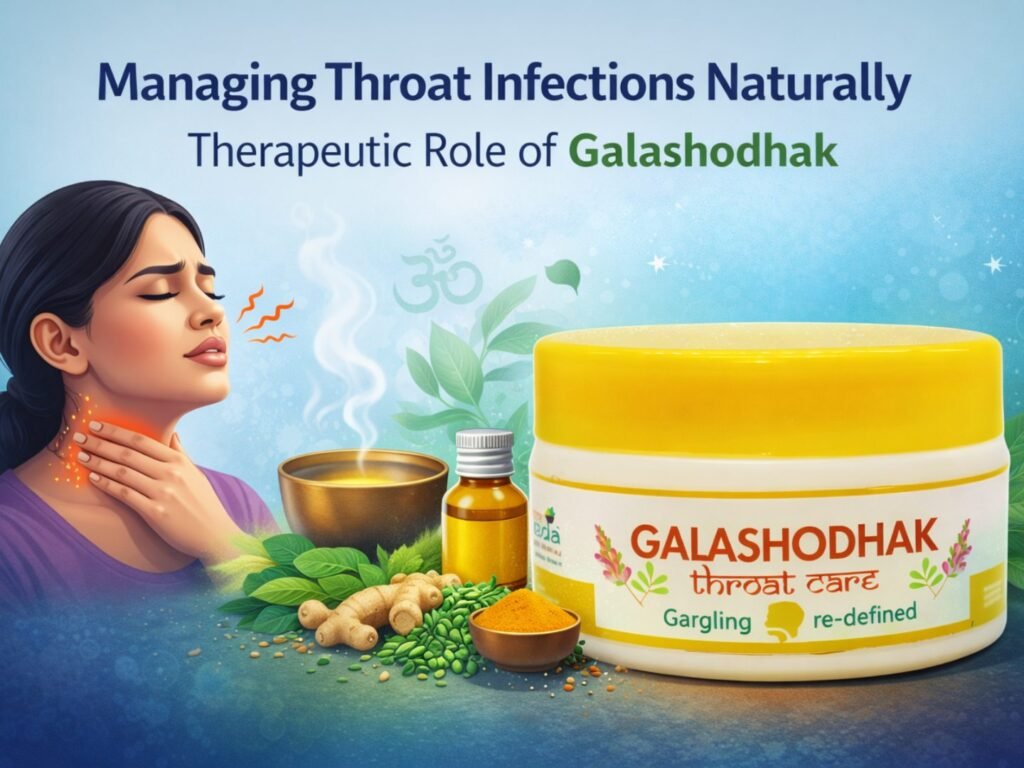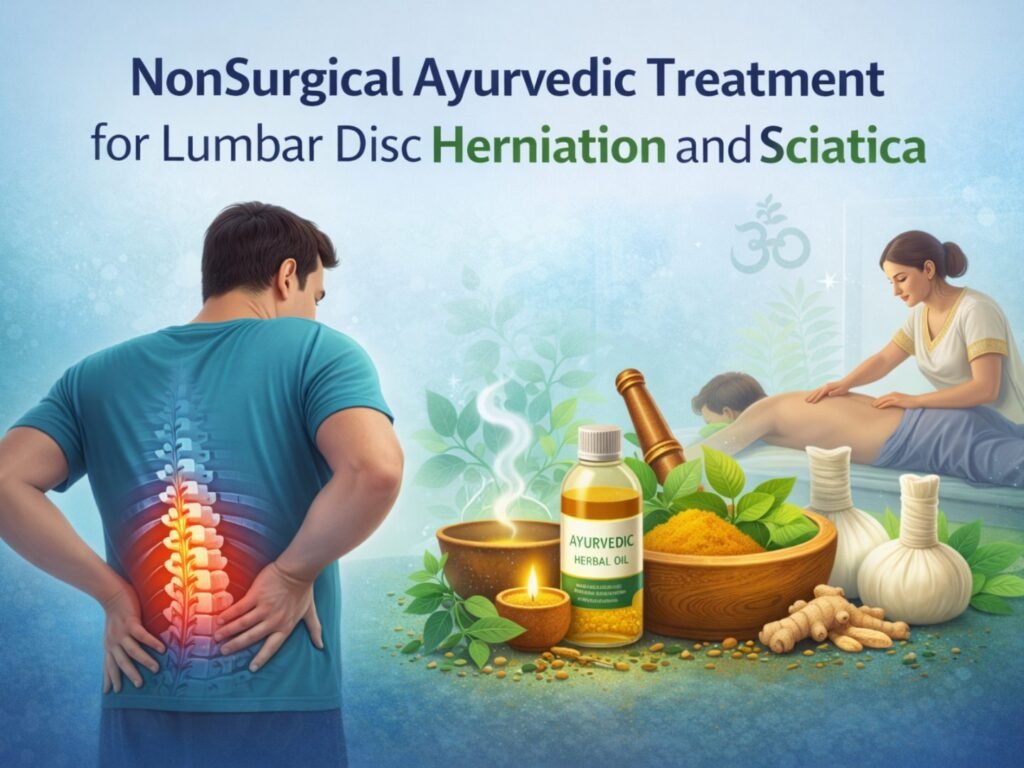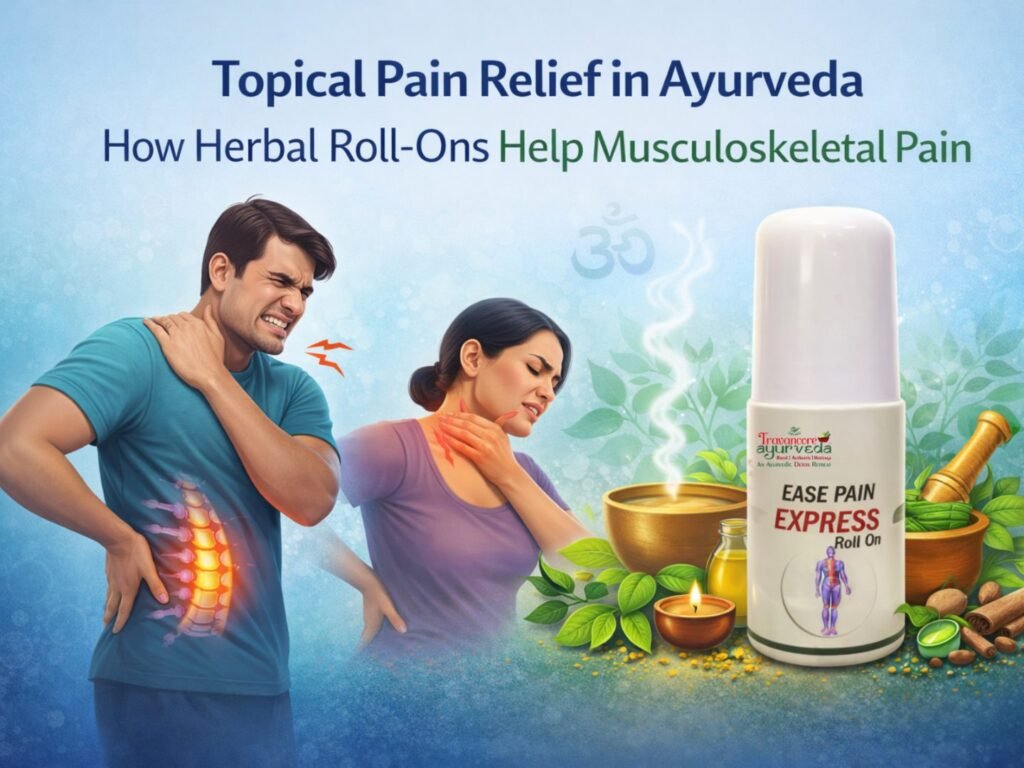For joint pain and arthritis relief, Ayurvedic treatments focus on restoring balance in your body. You can incorporate key herbs like turmeric and ginger, known for their anti-inflammatory properties. A balanced diet rich in omega-3s and antioxidants is essential. Gentle exercises, meditation, and warm oil massages can enhance your well-being. By understanding your unique constitution, you can explore more personalized remedies and practices to alleviate your discomfort. There’s much more to discover about holistic approaches!
Understanding Joint Pain and Arthritis in Ayurveda
When you think about joint pain and arthritis, it’s essential to understand how Ayurveda approaches these issues. This ancient healing system recognizes that pain often stems from imbalances in the body’s doshas—Vata, Pitta, and Kapha. Each dosha influences your physical and emotional well-being, and maintaining their harmony is vital for joint health.
In Ayurvedic hospitals in Bangalore, the focus is not only on physical relief but also on mental and dietary balance. Ayurveda emphasizes a holistic perspective, considering your lifestyle, food choices, and emotional health. By integrating personalized care—such as dosha-specific diets, herbal therapy, and detoxification—Ayurvedic practitioners aim to treat the root cause of arthritis. This approach moves beyond conventional symptom suppression and encourages natural healing pathways for long-term relief.
Key Ayurvedic Herbs for Pain Relief
Nature offers a wealth of Ayurvedic herbs known for their pain-relieving properties, making them powerful allies in managing joint discomfort. Turmeric, with its active compound curcumin, acts as a potent anti-inflammatory, helping to alleviate pain and swelling. Ginger, too, is remarkable; it contains gingerol, which reduces inflammation and improves mobility.
Boswellia (Indian frankincense) promotes joint health by inhibiting inflammatory enzymes, while Ashwagandha helps with stress-related pain through its adaptogenic properties. These herbs are commonly prescribed in Ayurvedic treatment for arthritis in Bangalore, often as part of customized formulations. Integrating them into your routine can significantly enhance well-being and mobility.
Dietary Recommendations to Support Joint Health
To support joint health effectively, a balanced, anti-inflammatory diet is crucial. Add omega-3-rich foods such as walnuts, flaxseeds, and oily fish to reduce joint inflammation. Include antioxidant-rich fruits and vegetables like berries, spinach, and sweet potatoes for their protective properties.
In Kerala Ayurveda centers in Bangalore, dietary plans are tailored to your dosha type. Whole grains like brown rice and quinoa support digestion and reduce inflammatory responses. Spices like turmeric, cumin, and ginger not only flavor your meals but also offer therapeutic benefits. Stay hydrated and sip on herbal teas like coriander or fenugreek to detox the system gently.
Lifestyle Practices to Alleviate Joint Pain
Maintaining a healthy diet is just one part of a holistic pain relief plan. Incorporating gentle movement—like yoga or tai chi—improves flexibility and reduces stiffness. Many Ayurvedic doctors in Bangalore recommend Abhyanga (oil massage), done with warm herbal oils to lubricate joints and enhance circulation.
Use cold and heat therapy to ease inflammation and soreness, and make sleep a priority. Quality rest is vital for the body’s repair processes. Meditation and breathwork reduce cortisol levels, which can worsen inflammation. Listen to your body, stay consistent, and combine Ayurvedic wisdom with daily mindfulness for effective pain management.
Integrating Ayurvedic Treatments Into Your Daily Routine
Daily integration of Ayurvedic treatments amplifies the benefits over time. Begin with a warm oil massage using Ayurvedic oils like sesame or eucalyptus. These are staples in Ayurvedic treatment for joint pain in Bangalore and can be done at home or at an Ayurvedic clinic in Bangalore.
Follow with a gentle yoga routine and breathing exercises tailored to your constitution. Sip on ginger or turmeric tea throughout the day to reduce inflammation. Include seasonal produce, lentils, and ghee in your meals to support joint health. These small rituals, drawn from both traditional and modern Ayurvedic insights, create a sustainable wellness routine.
Frequently Asked Questions
1. Are Ayurvedic Treatments Safe Alongside Conventional Medications for Arthritis?
Yes, but always consult your doctor first. While Ayurvedic treatment for arthritis in Bangalore is generally safe, combining it with conventional medicine should be supervised to avoid interactions. Coordinated care ensures both systems work together for better outcomes.
2. How Long Does It Take to See Results From Ayurvedic Treatments?
Relief varies based on severity and consistency. Some individuals feel better in a few weeks, while chronic conditions like arthritis may take several months. Clinics offering Ayurvedic treatment for knee pain in Bangalore often recommend a minimum 3-month plan for sustainable benefits.
3. Can Ayurveda Cure Arthritis Completely?
While Ayurveda may not “cure” arthritis in the conventional sense, it can significantly reduce symptoms, improve mobility, and enhance life quality. Arthritis Ayurvedic treatment in Bangalore focuses on managing inflammation, correcting imbalances, and preventing progression.
4. What Are the Side Effects of Ayurvedic Herbs for Joint Pain?
Side effects are rare but can include mild digestive issues or allergic reactions. It’s best to consult certified practitioners from the best Ayurvedic hospitals in Bangalore to ensure correct dosage and compatibility with your constitution and any existing treatments.
5. Is There an Age Limit for Using Ayurvedic Treatments for Joint Pain?
There is no specific age limit. Children, adults, and seniors can all benefit from Ayurvedic treatment for joint pain in Bangalore. However, treatments must be customized. For older individuals, gentler therapies and lower herb dosages are usually recommended.












